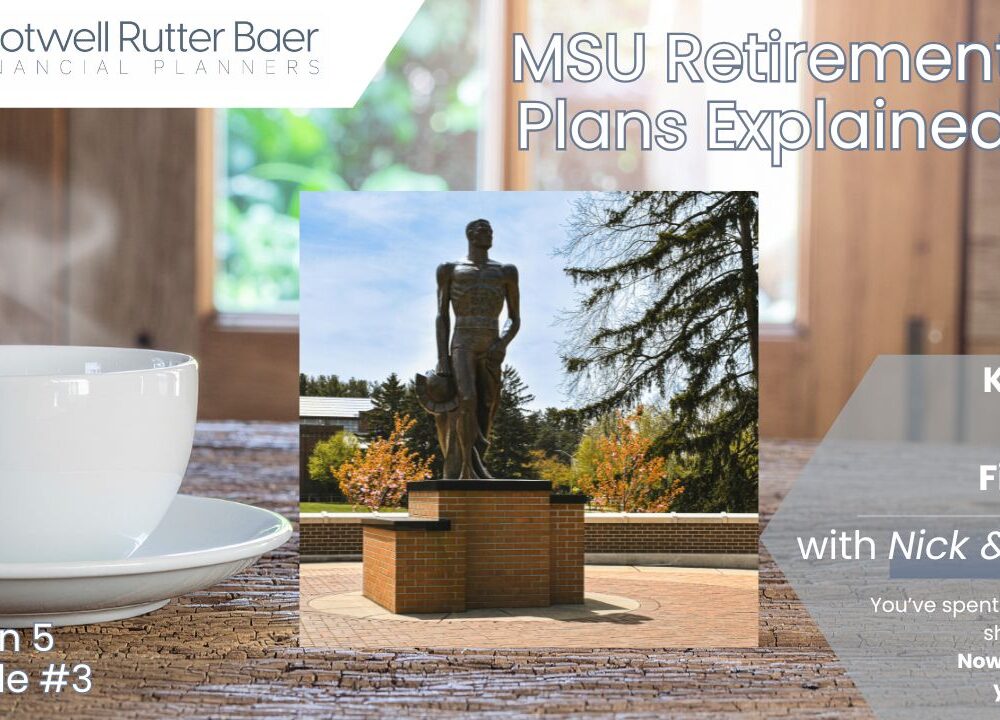What do We Know Now That We Didn’t Know Then?

This is a common scenario for the markets:
The indices are chugging along, making some headway, and posting gains for a few months at a time. There are bits of data and global activities to worry about – a talking head on MSNBC talks about “valuations being extended,” and other talks about the impending rise of interest rates, while there is continued unrest in the Middle East or somewhere else on the periphery – but the markets shrug off the risks and march onward.
Until one day when they don’t. The glass, just last week half-full of optimism and dismissive of risks – is now half-empty, and getting emptier by the hour. The markets, complacent and full of momentum days before, are now a rollercoaster ride, focusing on every possible bad scenario as though it is now a foregone conclusion. Meanwhile, the financial news media feed the bad news cycle, implying that we should have seen this coming all along. The risks, known but ignored a few weeks ago, are now the focus of attention.
Market pullbacks cause a lot of anxiety for the investing public, and with good reason. But, during these stretches, along with making sure you have an adequate supply of antacids – or, better yet, a few good movies queued up on Netflix to replace watching the three-ring-circus on MSNBC – it is often quite useful to step back and ask what has really changed in the economy or the geopolitical situation that might be causing the turmoil.
Often, the answer is really that nothing has changed
The risks the market is reacting to negatively now were there all along, just the perception of them has changed. If the anchor on MSNBC is saying that the market is down due to fears that interest rates will start to increase, is this change really a surprise? If it is because there is potential turmoil in the Middle East, is the threat new or is it more of what we have witnessed as an ongoing saga since 1949? If it is fear of a global economic slowdown, is that slowdown a surprise event, or has there been a string of data suggesting the possibility all along?
Regardless of the answers to these individual questions, the one overarching answer is that to invest means to take on some form of risk in hopes of a future return. Stepping back and reviewing the risks to which the market is reacting, and recognizing that, for the most part, they’ve always been there, is a good way to remind ourselves that we need to focus on the long–term if we are going to be investors.
About Shotwell Rutter Baer
Shotwell Rutter Baer is proud to be an independent, fee-only registered investment advisory firm. This means that we are only compensated by our clients for our knowledge and guidance — not from commissions by selling financial products. Our only motivation is to help you achieve financial freedom and peace of mind. By structuring our business this way we believe that many of the conflicts of interest that plague the financial services industry are eliminated. We work for our clients, period.
Click here to learn about the Strategic Reliable Blueprint, our financial plan process for your future.
Call us at 517-321-4832 for financial and retirement investing advice.
Share post:
